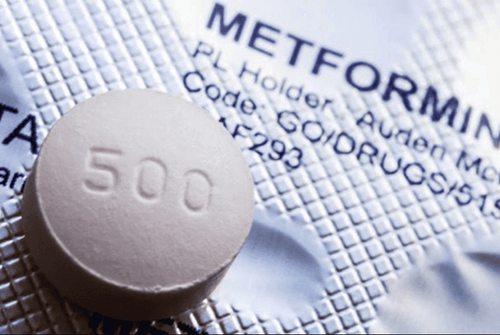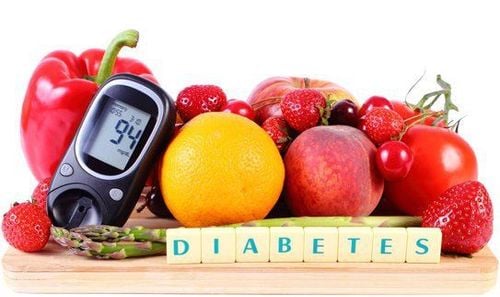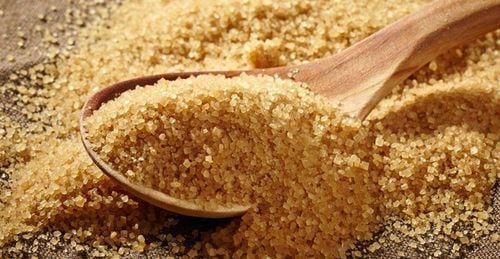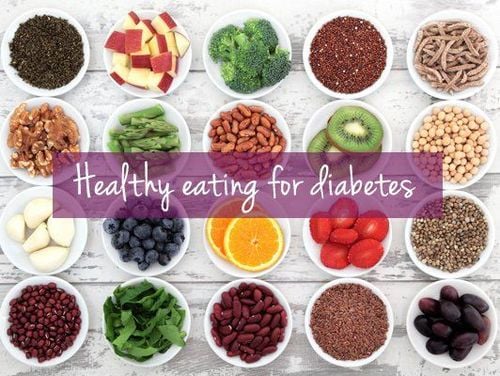Article Consulted by Vu Thi Duyen, MSc, MD - Nephrology and Endocrinology Specialist, Department of Internal Medicine, Vinmec Hai Phong International General Hospital.
Maintaining a healthy and balanced diet is crucial for individuals with prediabetes to minimize the risk of progression to type 2 diabetes. A diet rich in vegetables, unprocessed grains, and foods containing healthy fats is recommended to reduce vascular impact and promote overall health.
1. What Foods Are Suitable for Individuals with Prediabetes?
A diet high in processed foods, fats, calories, and sugar can significantly increase the risk of prediabetes progressing to diabetes. To mitigate this risk, individuals with prediabetes should incorporate the following into their low-fat and low-calories diet:
- Complex carbohydrates (e.g., fruits with high fiber content).
- Vegetables.
- Lean proteins.
- Nuts and seeds.
- Healthy fats such as avocado and fatty fish.
The diet should prioritize complex carbohydrates (e.g., brown rice), found in vegetables, legumes, and whole grains. These are high in fiber, slow to digest, and help prevent blood sugar spikes.
Hydration:
Drinking water is another effective way to manage blood sugar levels and reduce the risk of developing type 2 diabetes. Water is a healthy alternative to sugary beverages and fruit juices.

2. Can Individuals with Prediabetes Eat Bananas?
Bananas are a healthy, low-chemical food source, rich in fiber, vitamins, and minerals. Individuals with prediabetes can consume bananas as part of a balanced diet, but should follow these strategies:
- Opt for smaller bananas to reduce sugar intake.
- Choose less ripe bananas, which have a lower sugar content.
- Distribute fruit consumption throughout the day to maintain stable blood sugar levels.
- Pair bananas with nuts or full-fat yogurt to slow sugar absorption.
- Monitor blood sugar levels after consuming bananas or other sweet foods to adjust dietary intake accordingly.

3. Foods to Avoid for Reducing Prediabetes Risk
Individuals with prediabetes should avoid or limit the consumption of simple carbohydrates that are quickly absorbed and cause blood sugar spikes, leading to complications. These include:
- Sugary snacks, sweetened yogurt, honey, fruit juices, and certain fruits like watermelon and grapes.
- Refined carbohydrates: White rice, white bread, pizza, breakfast cereals, pastries, and pasta.
4. Lifestyle Changes to Mitigate Prediabetes Progression
4.1 Regular Exercise:
Exercise improves insulin sensitivity, enabling cells to utilize insulin more effectively. According to the American Diabetes Association (ADA), physical activity can lower blood sugar levels for up to 24 hours post-exercise.
- Begin with 15-20 minutes of light activity and gradually increase intensity.
- Aim for 30-60 minutes of exercise at least five days per week. Recommended activities include walking, cycling, jogging, swimming, aerobics, and sports.

4.2 Weight Loss:
Reducing body fat by 5-10% can improve blood sugar levels and prevent prediabetes from progressing. Waist circumference is a critical indicator, with increased risk associated with measurements ≥90 cm for women and ≥100 cm for men.
4.3 Smoking Cessation:
Smoking increases insulin resistance and the risk of prediabetes and type 2 diabetes. Smoking cessation tools such as nicotine patches, gums, or physician-prescribed medications can help.
4.4 Sleep Apnea Management:
Sleep apnea is linked to insulin resistance. Symptoms include loud snoring, gasping during sleep, and daytime fatigue. Treatment options include continuous positive airway pressure (CPAP) therapy or other respiratory aids.

4.5 Nutritional Counseling:
Consulting a nutritionist can help create a tailored dietary plan for managing prediabetes and stabilizing blood sugar levels.
5. Medications for Prediabetes
If lifestyle changes fail to improve blood sugar levels, medication may be necessary. Metformin is often the first-line treatment, proven to reduce diabetes risk by up to 30%. It can also decrease appetite and promote weight loss. The initial dose typically starts at 500 mg/day and is gradually increased as needed.

6. When Should Individuals with Prediabetes seek medical attention?
Prediabetes can progress to type 2 diabetes, so regular check-ups with an endocrinologist are essential. Be alert to symptoms such as:
- Frequent urination.
- Unintended weight loss.
- Excessive hunger or thirst.
- Blurred vision.
- Fatigue.
Diabetes is a serious condition with potential complications. Early detection and management through lifestyle changes, proper nutrition, and routine screenings can help mitigate its progression.
For further guidance on creating a prediabetes-appropriate diet, please visit Vinmec International General Hospital for expert consultation.
Please dial HOTLINE for more information or register for an appointment HERE. Download MyVinmec app to make appointments faster and to manage your bookings easily.
Reference source: healthline.com













